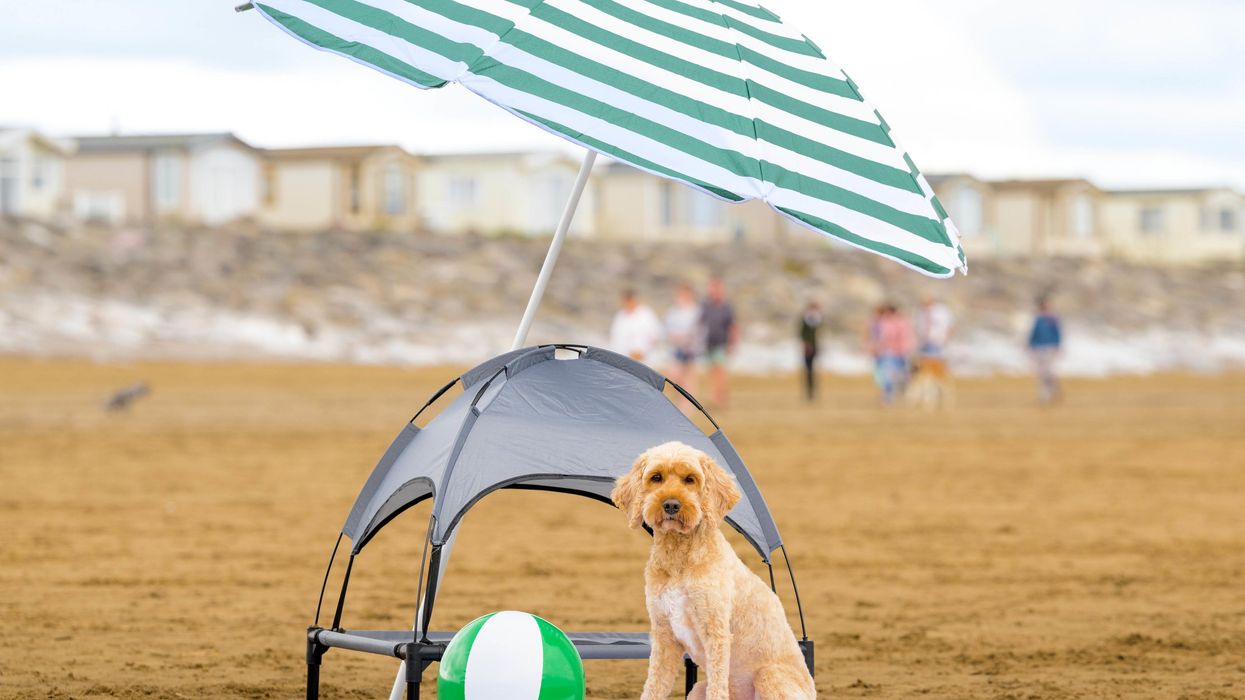Dog owners issues warning as 'outdated' heatstroke advice risks pets dying

Dogs suffering with heatstroke could become more unwell or even die as too many owners are using outdated methods, according to a new study
|PA

Experts are calling for guidance to be updated to help save dogs from heatstroke
Don't Miss
Most Read
Latest
Dogs suffering with heatstroke could become more unwell or even die as too many owners are using outdated methods, according to a new study.
The Royal Veterinary College (RVC) found less than a quarter of dogs with heatstroke had been actively cooled before being transferred to the vet.
More than half of the dogs which were cooled had been treated with outdated methods of applying wet towels.
The RVC explained that many websites advise owners cool their dogs slowly using "tepid but not cold water", but there is no substantial evidence to support this guidance.

The Royal Veterinary College (RVC) found less than a quarter of dogs with heatstroke had been actively cooled before being transferred to the vet
|PA
Experts suggest that owners should cool dogs with heatstroke quickly, following the guideline "cool first, transport second".
The latest guidance states that young, healthy dogs can be immersed in cold water and older dogs or those with underlying health problems can have water poured over them, combined with air movement from a fan or air conditioning.
Lead author Emily Hall, from the RVC said: "The key message for dog owners is to cool the dog quickly, using whatever water you have available provided the water is cooler than the dog."
"The longer a dog's body temperature remains elevated, the more damage can occur so the sooner you can stop the temperature rise and start cooling the better."
Co-author Dan O'Neill added that previous research found only 43 per cent of dogs treated for heatstroke survived, while those treated for more mild heat-related illness had a survival rate of 97 per cent.
He said: "Acting early to cool dogs as soon as mild signs of overheating are observed will save lives."
The study used data from 945,543 dogs, with 856 showing heat-related illnesses.
Just 24 per cent of dogs that had been cooled had undergone the recommended methods of cooling.

Co-author Dan O'Neill added that previous research found only 43 per cent of dogs treated for heatstroke survived, while those treated for more mild heat-related illness had a survival rate of 97 per cent
| PAExperts are now calling for guidance to be updated with the current best practice guidelines.
Co-author Anne Carter said: "It takes time to put research into practice, and this can be harder when you're faced with long-standing myths.
"We urge veterinary professionals, dog owners and any sources of first aid advice to review the recommendations on cooling methods, dispel the myths and promote the message to 'cool first, transport second'."










